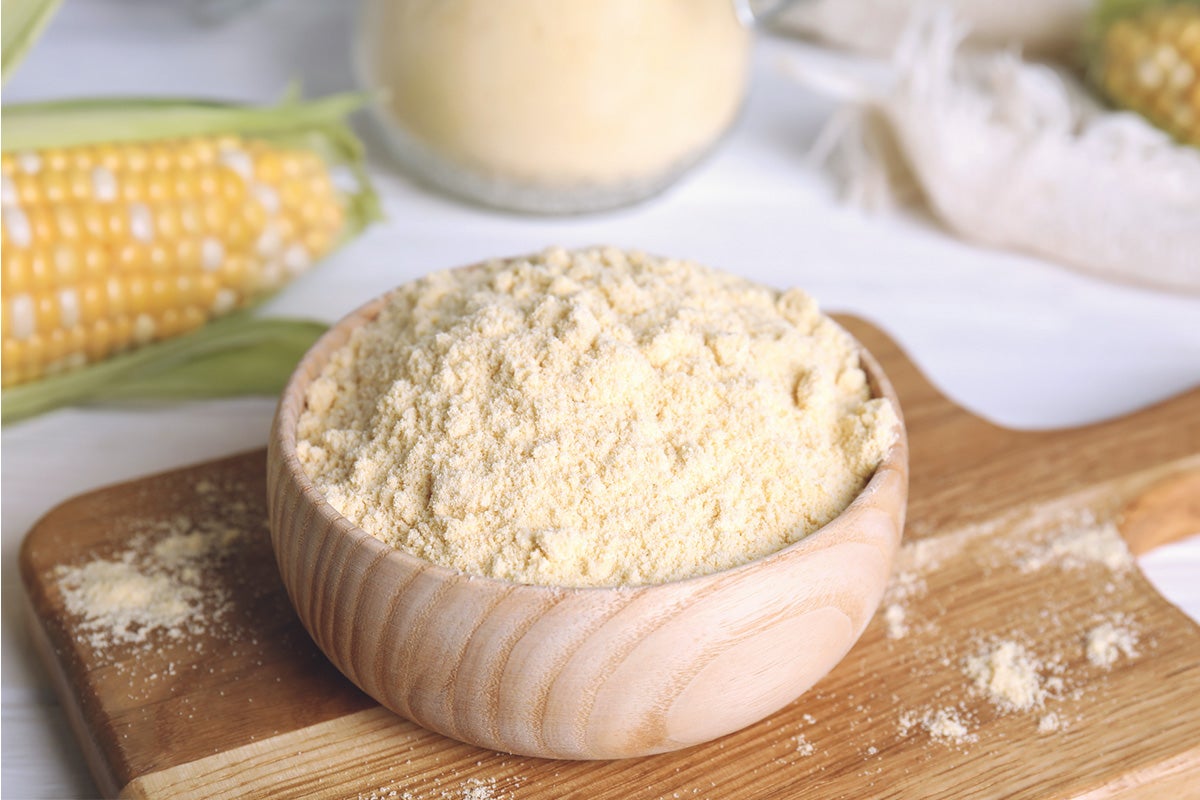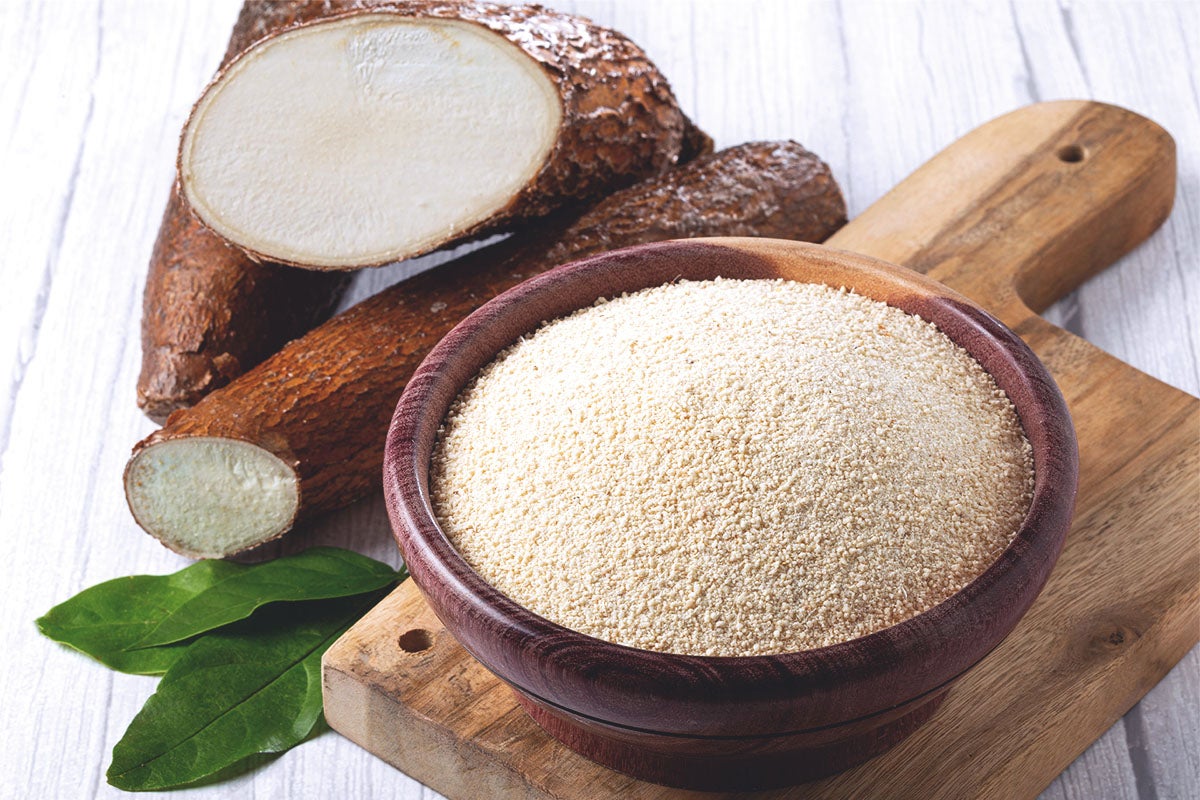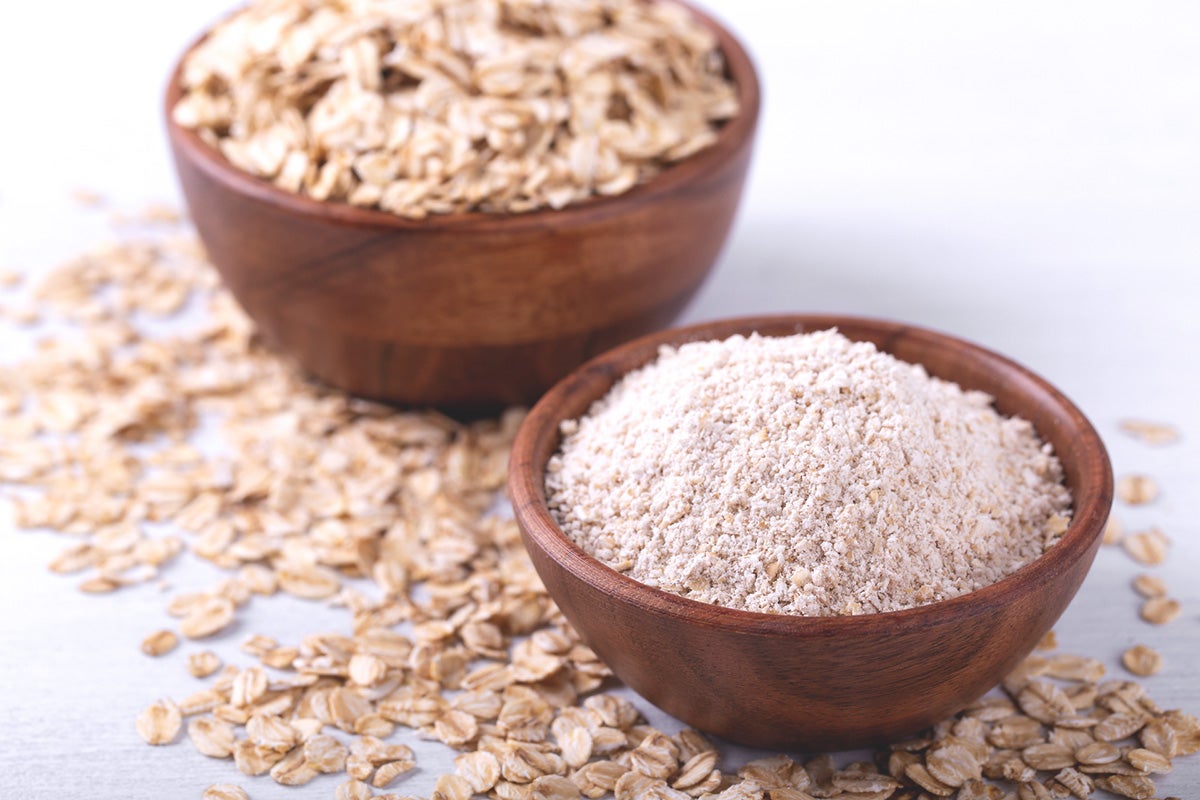Many recipes commonly include rice flour as an ingredient. However, other alternatives can be used. Set your eyes no further than our comprehensive list of the six finest rice flour alternatives.
Oat flour is an excellent substitute for rice flour since it has a similar flavour profile and can be used in baking and as a thickening agent. It is also effortless to make at home if you're in a pinch – just blend some raw oats in a food processor to get finely ground oat flour. Oat flour can be used in a 1:1 ratio to replace rice flour.
Almond flour
Almond flour is a fantastic substitute for rice flour and has the added advantage of being grain-free. The texture of this flour is comparable to rice flour, allowing it to be used similarly in recipes. However, it is important to note that the final product will be denser and contain more calories. Use one cup of almond flour to replace one cup of rice flour. Almond flour has a slightly nutty flavour and a coarser texture than rice flour, making it best suited for baking – it provides a delightful texture and taste to everything from sweet treats to quick bread. Its taste and texture are not suitable for soups and sauces. As almond flour burns quickly, it is also not recommended for frying. Almond flour can also be used as a thickener.











